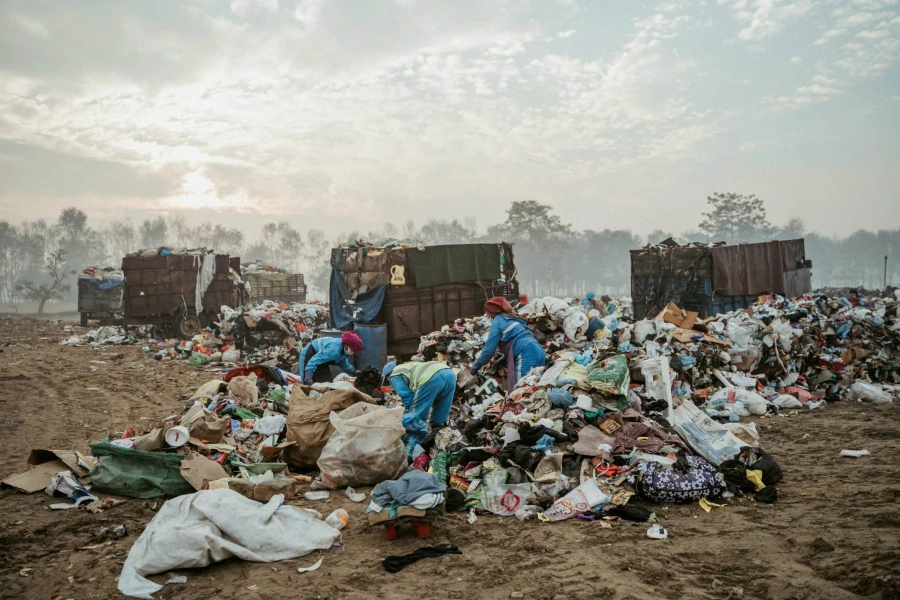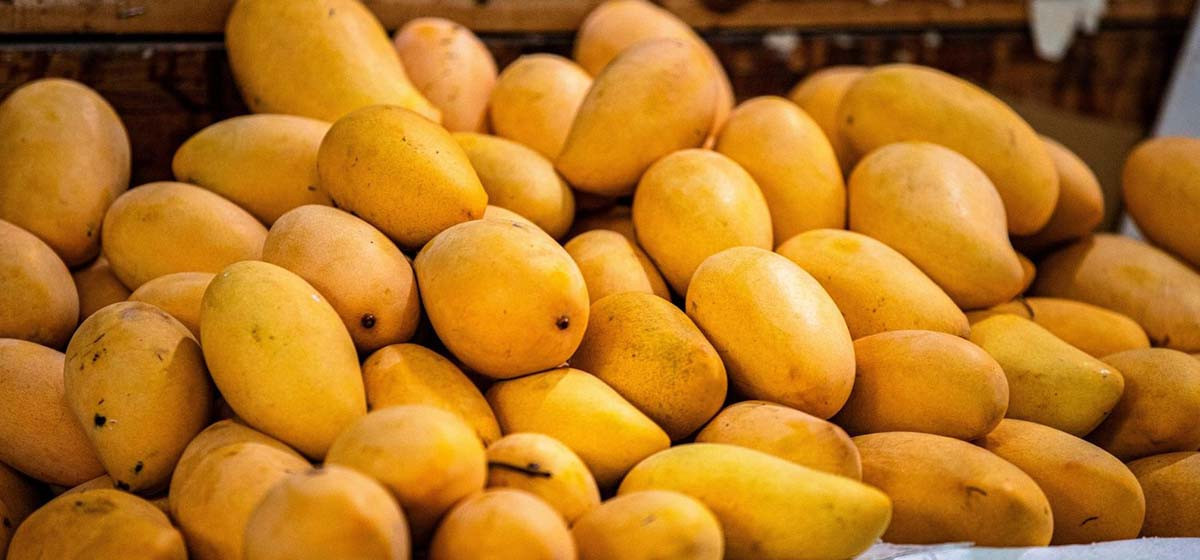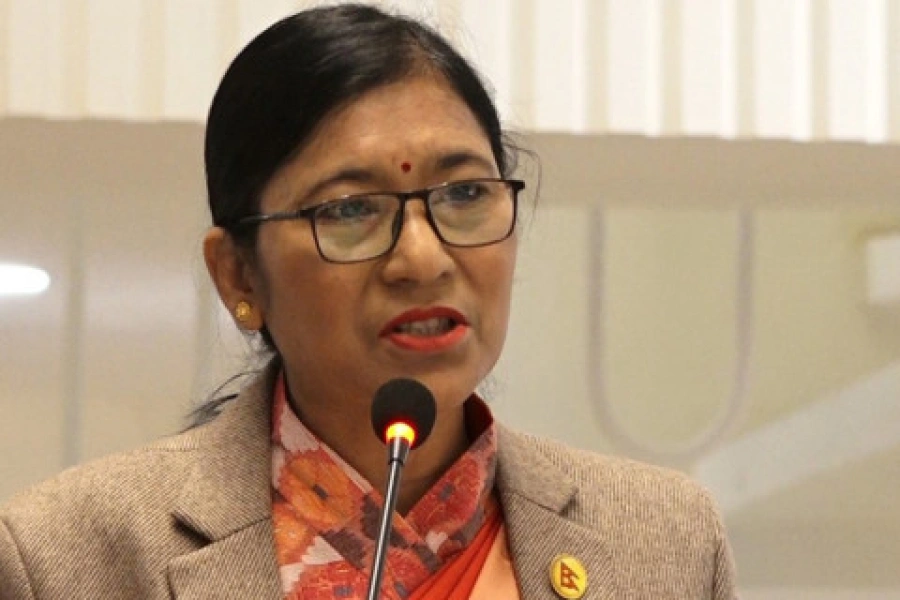KATHMANDU, June 21: The price of mangos in the Nepali market has fallen by 16.5 percent this year compared to last year. A comparison of price of mangos at the Kalimati Fruits and Vegetable Market suggests that the average price of mangos has fallen by Rs 16 per kilogram in the third week of June than the cost of the fruit in the same period last year.
The average price of mangos in the market was Rs 97 per kilogram last year in the review period. However, this year's average in the third week of June is Rs 81.
Mango production in Saptari expected to double this year

Experts say that the reason may be an increased supply of Indian mangoes in the market which are comparatively cheaper than Nepali mangoes.
“As of now, only a small portion of Nepali mangoes has hit the market and the majority of mangos available in the market are from India. These fruits brought from India are much cheaper than those that are originally from Nepal,” stated Mani Ratna Aryal, senior agriculture economist and information officer at the Ministry of Agriculture, Land Management and Cooperatives.
According to statistics provided by the ministry, mango is being cultivated in 42,000 hectares of land this year across the country. Last year, mango has been cultivated in 41,000 hectares of land. However, despite the larger cultivation area, the total area of land producing mangos in the country is 70 percent of the total area where mango is being cultivated. Last year, 75 percent of the total land area where mango was being cultivated produced mangos. Aryal told Republica that mango production this year is expected to fall by a fifth compared to last year.
“Nepal produced 282,000 tons of mangos in the past Fiscal Year 2016/17. However, hailstones between February and March caused great damage to mango trees,” said Aryal. “The drought during months of April and May also effected mango production and therefore it is expected that Nepal's mango production will fall by 20 percent this year.”
While experts from the Ministry of Agriculture expect fall in mango production, the officials of Kalimati Fruits and Vegetable Market Development Board say otherwise. “We have inquired traders in the market and they cite the declining price of mangos to be as a result of increased production in Nepal,” stated Tejendra Prasad Paudel, executive director of the board.






































